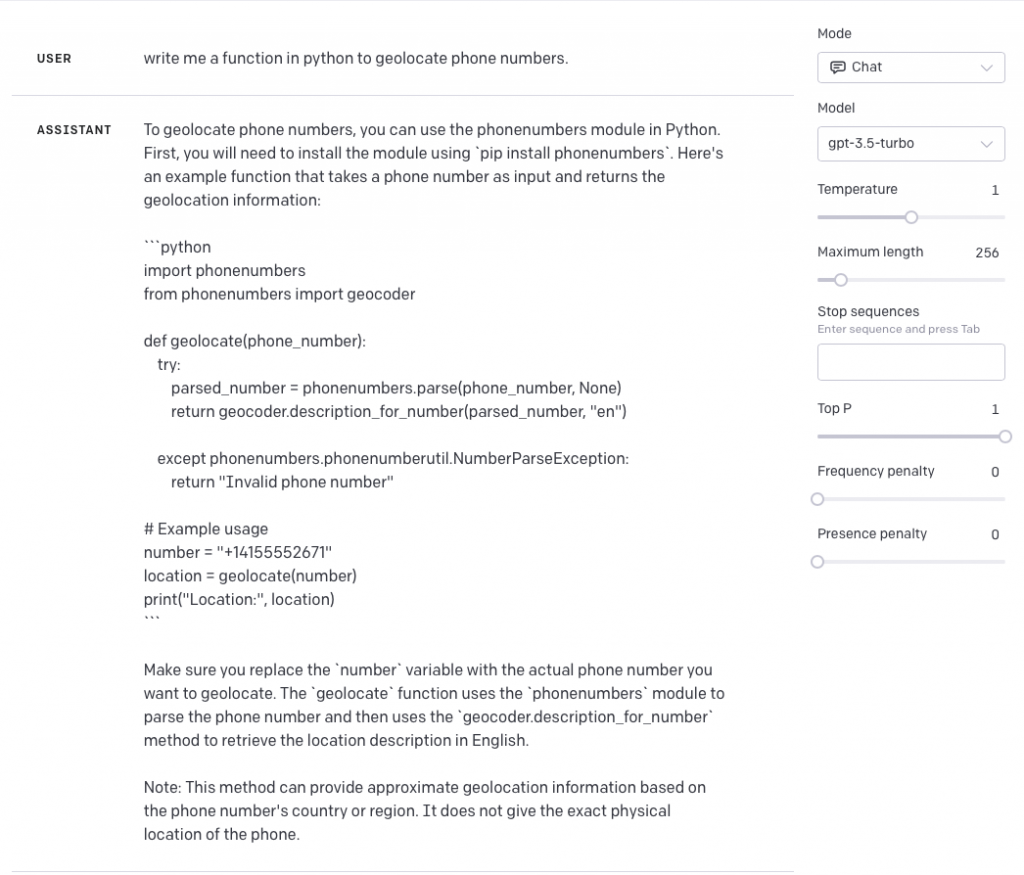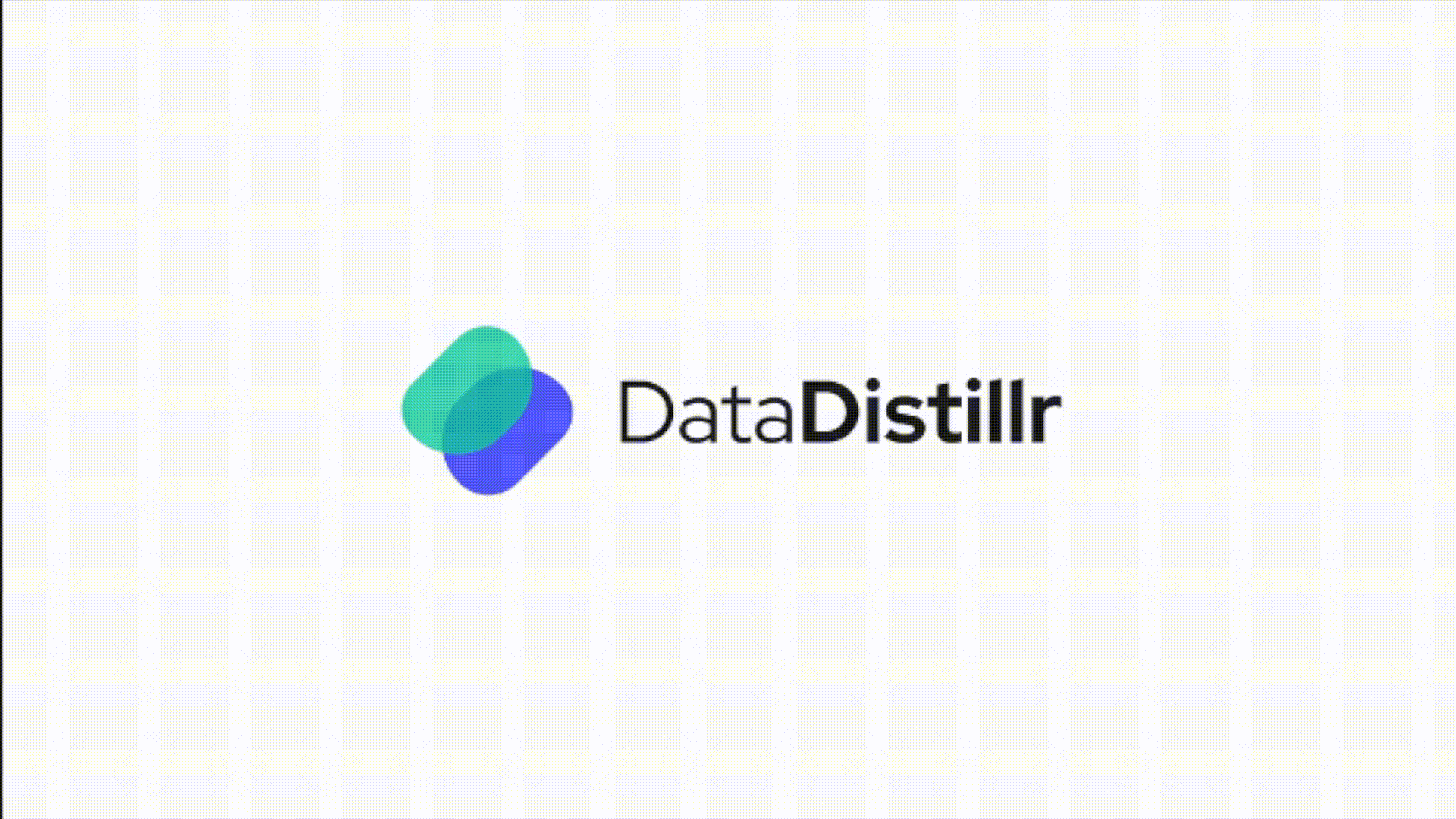Confusing is better than clear
Complex is better than simple
Complicated is better than complex
Nested is better than flat, especially in documentation
For documentation, all paths lead to stack overflow.
Readability doesn’t count, especially in documentation
There should be many–and preferably way more than two–non obvious ways to do the same task
Predictability is good, except for pricing
If the pricing model makes sense, you’ve missed something
If you think you’ve saved money, you’ve missed something
If functionality can be split, you now have multiple products!
Everything is elastic and scalable, for a price
Everything is a service, including things you didn’t think needed to be
Serverless isn’t
If a product name makes sense it’s probably deprecated.
Leave a Comment









